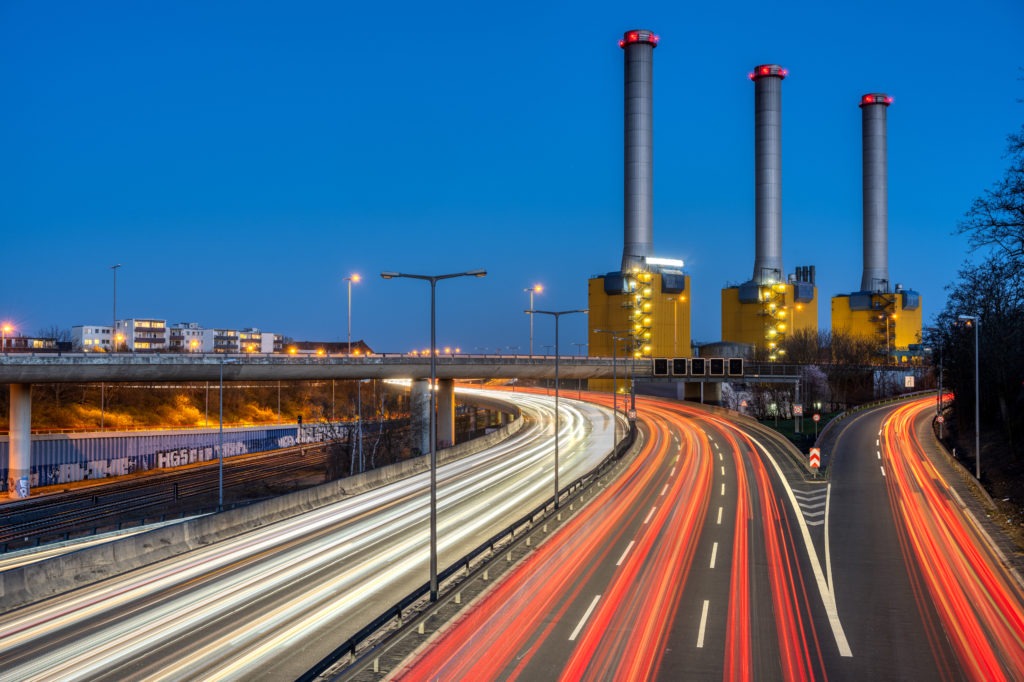Hungary and EIT InnoEnergy agree to retrain workers in EV sector
08 December 2021

The transition to electrically-chargeable vehicles (EVs) is causing huge changes in the automotive industry, requiring reskilling programmes to prepare workers for a zero-emission future. Therefore, the Hungarian Ministry of Innovation and Technology and EIT InnoEnergy have signed a Memorandum of Understanding (MOU) to upskill thousands of employees in the country’s battery and electromobility industries.
Hungary is the world’s tenth-largest exporter of electric batteries. A skills and training programme for workers will be rolled out to help the country bolster expertise in Europe’s growing battery-manufacturing industry. Backed by climate tech and renewable-energy tech investor EIT InnoEnergy, the programme will accelerate training and education for industry workers and the next generation of battery professionals.
Upskilling a European workforce
Supported by the EU, InnoEnergy is a driving force behind numerous initiatives that focus on Europe’s decarbonisation goals. These include the European Battery Alliance (EBA), the European Green Hydrogen Acceleration Centre (EGHAC), and the European Solar Initiative (ESI).
As part of the MOU, InnoEnergy will help establish the training programme, which will rely on collaboration under the European Battery Alliance’s EBA250 Battery Academy model. Similar programmes are in place in Spain and France, with the goal of making them available across Europe. The courses are usually aimed at technician, engineering and researcher positions. They cover topics ranging from electromobility, residential and grid storage, to recycling and data science.
In Hungary, the agreement will come to the benefit of up to 40,000 employees in a period running from 2021 to 2025. ‘Hungary is the third country after France and Spain where the EBA250 Academy will expedite the systematic professional training of people who will be key to the success of the European batteries value chain, from upstream to recycling,’ said Diego Pavia, CEO of EIT InnoEnergy.
‘It is estimated that by 2025, around 800,000 workers at European level will need to be trained to be able to operate all the industrial projects that are being deployed in Europe. The EBA250 Battery Academy platform ensures that we can deliver the annual €250 billion battery value chain by 2025, a major goal of the EBA.’
Central Europe part of battery boom
The partnership will focus on ramping up training, vocational education, and higher education of Hungarian workers and graduates. As a leading exporter of batteries worldwide and one of the top battery-cell manufacturers in Europe, the country is expecting a surge in the need for trained and skilled professionals in the sector.
Earlier this year, the government helped facilitate the establishment of the Hungarian Battery Industry Strategy and the Hungarian Battery Alliance (HUBA), with an objective to strengthen the role of the local battery industry. The strategy, based on the European action plan for batteries, aims to promote economic development and growth while ensuring the successful green transition of the Hungarian energy and mobility industries.
‘Hungary’s commitment to succeed in this rapidly growing sector is clear,’ said Maroš Šefčovič, vice-president for institutional relations and foresight at the European Commission, and leader of the EBA. ‘The introduction of a national battery strategy and a national battery alliance, a strong industrial base ready to engage along the entire value chain, the foreign investment pouring in – this is the right blend of ingredients, which is already paying off.’
He added that Europe is on track to become the second-largest battery producer in the world by 2025, making enough batteries to meet the needs of its automotive sector. ‘I am truly glad that central Europe is a vibrant part of this boom,’ Šefčovič concluded.



